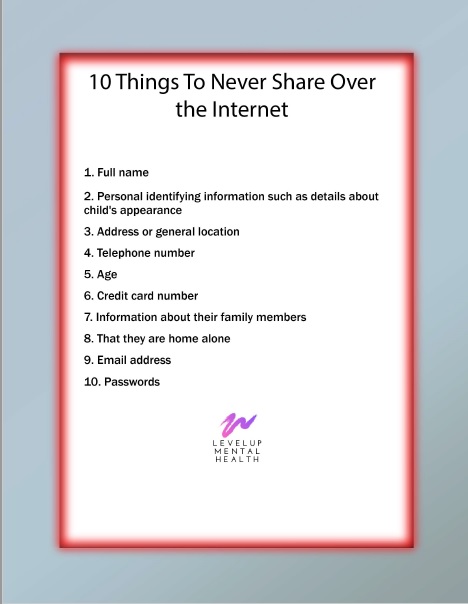Resources
FAQs about Psychiatry
What is a Psychiatrist?
What is a Child Psychiatrist? (Child and Adolescent Psychiatrist?
A Child and Adolescent Psychiatrist is a psychiatrist who has trained in a sub-specialty Fellowship (advanced training beyond residency) to focus on mental health conditions of youth and development. They tend to have more training and expertise in Neurodevelopmental disorders such as Autism and ADHD as well as prodromal psychotic disorders (early-stage schizophrenia). A child psychiatrist will typically work with your existing therapist and/or pediatrician as a consultant. Child psychiatrists can provide recommendations for IEP and 504 planning in some cases.
What is the benefit of having a private psychiatrist, doesn't my insurance cover mental health?
What is the difference between a Psychiatrist and a Psychologist?
Can't a pediatrician treat my child's depression, anxiety, or ADHD?
Technically yes, however many do not feel comfortable treating psychiatric conditions as psychiatric evaluations in children can take two or three hours and the average pediatrician may only be able to see each patient for 15 to 30 minutes (not the pediatrician’s fault). Often, your pediatrician will be able to make a diagnosis and then refer you for definitive care with a psychiatrist. It is recommended that you ask your Pediatrician whether or not they are comfortable treating mental health issues.
What is a Superbill and Out of Network Benefits?
A superbill is a document that an out of network provider issues to a client at the end of an appointment as documentation for medical or therapeutic services. The client can then provide this to their insurance company for partial to full reimbursement based on their Out of Network benefits coverage. Check with your insurance provider to see if you have out of network benefits.

Clinician Resources
A questionnaire designed to elicit social media and online use history information from children ages 7-18.
Designed to be non-judgmental which required the omission of some direct red-flag behaviors or questioning in a more subtle manner. However, many of the questions from the questionnaire allow for a reasonable opening for follow up questions about red flag behaviors.
Mental Health Providers should feel free to use this resource but please do not post elsewhere. Please refer your colleagues to this download page at https://levelupmentalhealth.com/resources
Social Media Initial Questionnaire